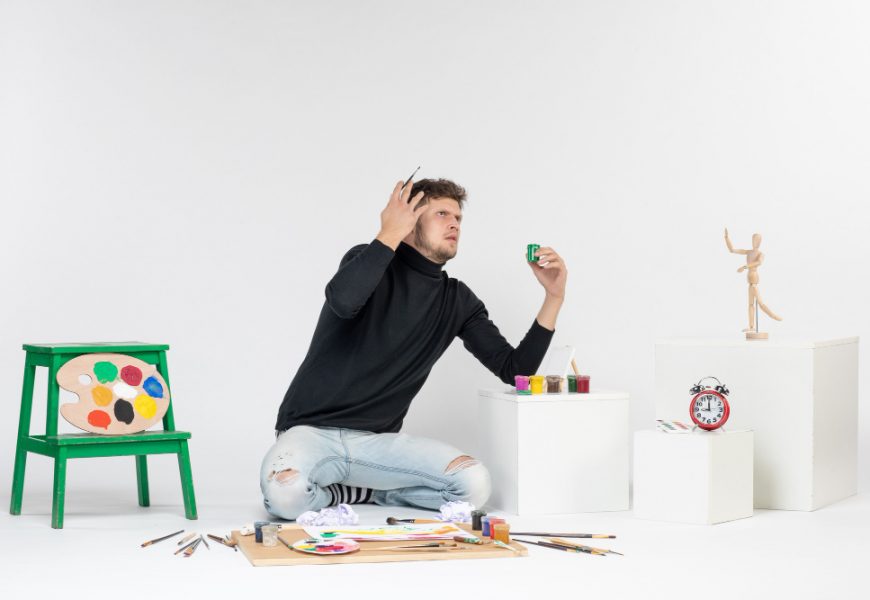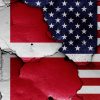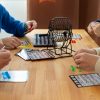In a world where our attention is constantly divided and our routines often confine us to predictable patterns of thought, the power of curiosity-driven play is frequently underestimated. Many of us consider hobbies simply as recreational outlets—ways to unwind after a stressful day or to cultivate balance between work and leisure. Yet, for those who look a little deeper, certain “unusual” hobbies can serve as subtle, even transformative exercises in applied critical thinking. Activities like lockpicking, urban orienteering, experimental cooking, and puzzle-based storytelling may seem niche or eccentric, but beneath their unconventional surfaces lies a complex interplay of logic, creativity, problem-solving, and adaptability that trains the mind far more rigorously than most formalized learning environments.
Take lockpicking, for example. Far from the realm of mischief, ethical lockpicking (a legitimate discipline studied by security experts and hobbyists alike) is a study in tactile reasoning and mental modeling. Successfully picking a lock requires an intimate understanding of mechanical systems and the patience to perceive minute patterns of feedback. Every click and subtle shift becomes a data point, a moment demanding interpretation. The hobby teaches persistence under uncertainty, precision in observation, and the disciplined testing of hypotheses—core traits of critical thinkers in any field.
Urban orienteering, on the other hand, invites participants to navigate real-world spaces using only maps, clues, and instinct. It turns any city into a dynamic puzzle, forcing the navigator to integrate geography, intuition, and evolving sensory data. Decisions must be made on the fly under ambiguous conditions—a practice that closely mirrors complex real-world problem-solving where incomplete information and shifting variables are the norm.
Even experimental cooking, long associated with artistic creativity, can sharpen reasoning in profound ways. Cooking without a recipe—or intentionally bending culinary rules—trains the brain to think systematically about cause and effect. Why does a particular ingredient behave as it does under heat? How might texture influence flavor perception? Behind every failed experiment lies an analysis waiting to be done: a chance to extract patterns, test assumptions, and iterate toward success. In the kitchen, failure is both the teacher and the raw material of progress.
And then there’s puzzle-based storytelling—a hybrid creative pursuit where one crafts narratives that are also riddles. It demands that a creator juggle logic, empathy, and imagination all at once: planting clues with precision while managing pacing, emotional engagement, and coherent worldbuilding. The process relies on systems thinking, where a storyteller maps connections between story elements and anticipates how an audience might interpret or misinterpret them. Few activities better illustrate how divergent and convergent thinking can coexist harmoniously within a single exercise.
These unconventional pastimes remind us that problem-solving doesn’t always arise from formal training or professional necessity. It can emerge just as effectively from playfulness, curiosity, and the willingness to engage with complexity on our own terms.
The leap from “pastime” to “mental discipline” happens when we recognize hobbies as living laboratories—spaces where thinking, experimentation, and reflection occur outside traditional boundaries. Board-game design, for instance, looks like creative fun from a distance, but at its core lies an elaborate exploration of systems theory. The designer must balance fairness and unpredictability, optimize for engagement without sacrificing strategy, and continuously model how players of different temperaments might react. This demands meta-cognition—thinking about how others think—which is at the very heart of sophisticated judgment and reasoning.
Forensic photography channels analytical observation into artistry. Every frame becomes a study in evidence, inference, and perspective. Practitioners learn to decode context, distinguish signal from noise, and appreciate how framing shapes understanding. It nurtures a form of disciplined seeing that extends well beyond art—an ability to interpret data and environments with precision, awareness, and ethical sensitivity.
Improvisational street mapping—drawing maps of unfamiliar neighborhoods on the spot—forces the practitioner to perceive systems in motion. Urban patterns, human behavior, spatial relationships: each must be assessed in real time and distilled into an intelligible visual model. This exercise hones spatial memory, adaptability, and the capacity to make structured judgments amid flux—a cognitive trio invaluable in fields ranging from architecture to emergency management.
Reverse engineering everyday objects or digital systems offers yet another mental challenge disguised as play. Dismantling a gadget or decoding how an app functions invites direct confrontation with complexity. The reverse engineer must see patterns hidden within noise, infer missing data, and reconstruct processes logically. It’s a workout for analytical resilience and pattern recognition—skills that underpin innovation, troubleshooting, and critical analysis across disciplines.
What unites these eclectic pursuits is a mindset: curiosity disciplined by process, creativity checked by rigor. Each hobby operates as a “mind gym,” strengthening mental muscles that formal education often leaves underdeveloped. They cultivate patience in uncertainty, respect for evidence, and the confidence to iterate through ambiguity. When we adopt such activities not merely as diversions but as laboratories for our intellect, we foster an internal culture that values thoughtful inquiry above rote answers.
In an age awash with automation and information overload, the ability to discern patterns, evaluate evidence, and adapt one’s thinking is more essential than ever. Unusual hobbies, by virtue of their unpredictability and tactile engagement, can counteract the passivity encouraged by screens and algorithms. They demand that we engage with reality directly—through touch, observation, and imagination—and in doing so, they reaffirm an elemental truth: that the human mind thrives not on ease or routine, but on purposeful challenge.
So perhaps the next time you have a free weekend, instead of scrolling aimlessly or defaulting to a familiar routine, try learning to decode a lock mechanism, paint a city’s nerve map, compose a culinary experiment, or deconstruct a gadget just to see how it breathes. You may find that the real value of these unusual hobbies lies not in the skills themselves, but in how they teach you to think—more curiously, more flexibly, and with a sharpened sense of wonder about the mechanisms, visible and invisible, that shape the world around you.







